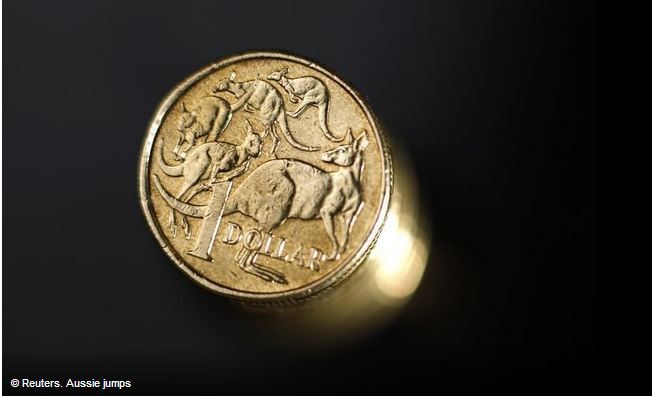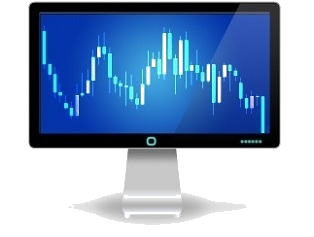The Aussie jumped on a surge in new jobs as initial yuan-denominated trade data out of China was also a key driver of the currency as a top trading partner.
The U.S. dollar index, which measures the greenback’s strength against a trade-weighted basket of six major currencies, eased 0.08% at 99.985, down 0.58%. AUD/USD jumped 0.60% to 0.7568, while USD/JPY changed hands at 108.8406, down 0.17% with tensions on the Korean peninsula in focus.
In Australia, the central bank will released its Financial Stability Review with comment that banks were in sounsd shape overall, but that high houing prices could prompt a look at tightening lending rules to avoid instability.
“The concern is that investors are likely to contribute to the amplification of the cycles in borrowing and housing prices, generating additional risks to the future health of the economy,” the RBA said in a report where the word “vulnerable” cropped up repeatedly.
As well, jobs data showed a surge in the employment change figure for March to 60,900 workers compared to a gain of 20,000 seen, under a steady unemployment rate of 5.9%. China’s imports soared by 31.1% in yuan terms, customs data showed on Thursday, with exports up 14.8% for the first quarter from a year ago. China reported a trade surplus of CNY454.94 billion in the period.
In dollar terms, exports rose 16.4 % year-on-year in March with imports soaring 20.3%, both beating expectations, for a trade balance surplus of $23.9 billion, more than double the expected figure.
Overnight, the dollar fell to session lows against a basket of major currencies on Wednesday, after President Donald Trump said the currency is getting too strong while geopolitical concerns continued to weigh on sentiment.
Trump told the Wall Street Journal on Wednesday, that he thinks the currency (dollar) is getting too strong and hinted that he may reappoint Janet Yellen to chair the Federal Reserve Board when her term ends in 2018, as he added “I do like a low-interest rate policy, I must be honest with you,”
It wasn’t the first time Trump expressed concern over the strength of the dollar, after he previously warned in January, that a soaring greenback has disadvantages for U.S. companies that do a lot of business abroad.
Trump’s comments came against rising geopolitical tensions, which has caused a flight to safety, as investors shun risk assets in favor of traditional safe-haven assets such as gold, U.S. treasuries and the yen.
Dollar denominated assets such as gold are sensitive to moves in the dollar – a slump in the greenback, tends to increase demand for the yellow metal, as it becomes cheaper for foreign buyers.

























































